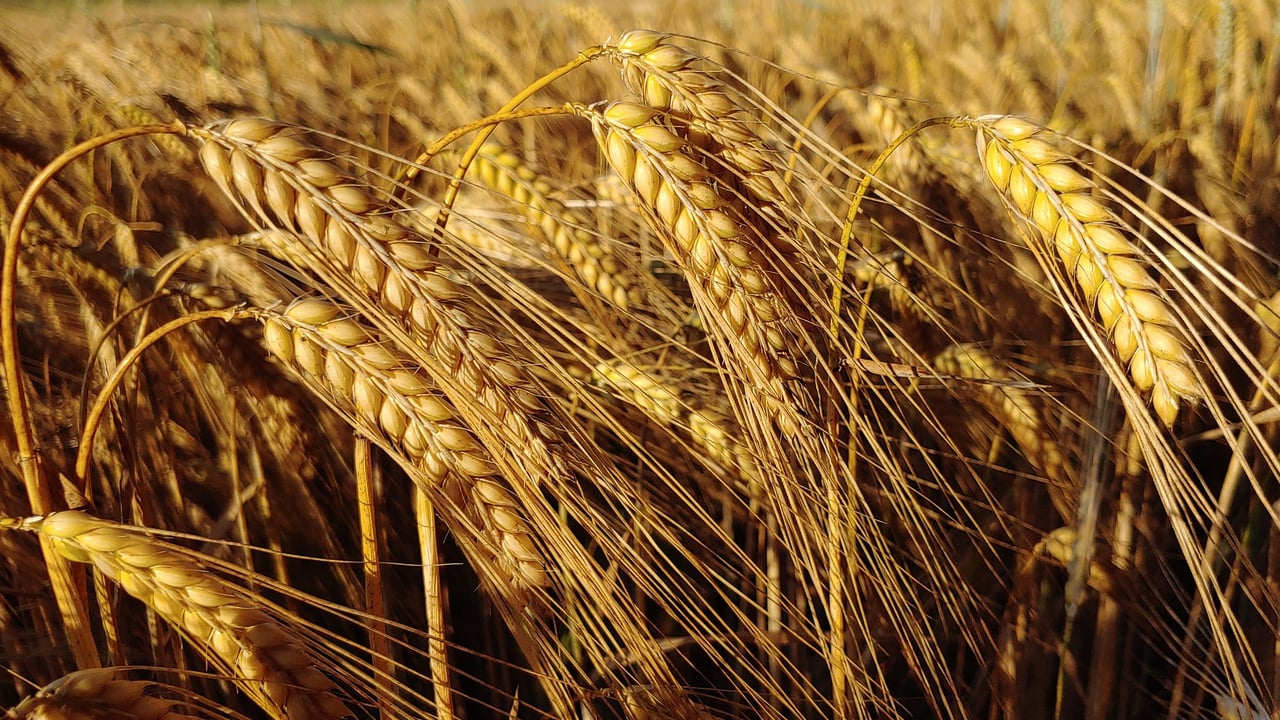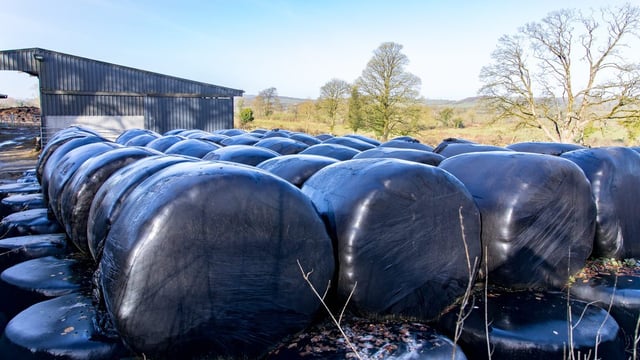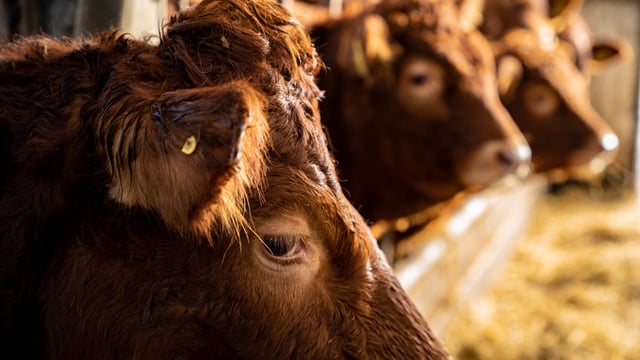Changes in EU plant genetics regulations may be on the way
Future EU policy making, where the development of plant genetics is concerned, has been the subject of two recent public consultations held in Ireland.
Barry O’Reilly, who heads the crops policy, evaluation and certification division within the Department of Agriculture, Food and the Marine (DAFM), believes the outcomes of the two exercises to be positive in nature.
He spoke at the recent DAFM cereal variety trials open day, held in Co. Cork.
According to the DAFM representative, the identification of new and improved cereal varieties is critically important, where the future of the tillage sector is concerned.
“There are a couple of legislative proposals being discussed at a Europe level. One relates to the future use of plant reproductive material," he said.
“This relates to the standards required, which allow seed to be placed on the market. Essentially, this will bring 10 current seed directives within the one regulation.
“Some of these original directives date back almost 60 years. The main aim of the new regulation is to modernise the entire legal framework around the placement of seed on the market.
“This will bring more coherence and clarity to these matters while also taking account of technical and scientific developments taking place, where the development of new plant varieties is concerned," he added.
O'Reilly also confirmed that a public consultation on this matter was held in March. A directly related issue is the current proposal at EU level to extend the use of genomic techniques as plant breeding tools.
“The envisaged regulation will allow the placement on the market of new plant varieties developed with the use of new genetic technologies or NGTs," he explained.
“These NGTs have huge potential of breeding new varieties in a more precise way. The end result will be the development of new crops that will have enhanced agronomic, environmental and consumer-focussed benefits.
“Again, we carried out a public consultation on this issue last September. Over 60 submissions were received, the majority of which supported enhanced use of NGTs into the future.”
According to O’Reilly, DAFM supports the NGT-related proposals.
“However, at the moment, there is no formal agreement on the matter at the level of the EU Council,” he said.
“There are two EU member states with concerns about the use of NGTs. Ireland continues to liaise with all its European partners on the issue."
O’Reilly confirmed that the use of genetically modified organisms (GMOs) and NGTs are fundamentally different approaches to plant breeding.
“GM plants have had DNA inserted from another species. In the case of NGTs, plant breeders are working with a single genome," he stated.
According to O’Reilly any endorsement of NGTs by the EU would not make it easier for GM crops to be imported into Europe.





